 Following the stormy televised debate between MK R’ Yisrael Eichler and attorney Rabbi Dov Halbertal a number of days ago, Kikar Shabbat has interviewed the latter again, seeking clarification on some of the positions he espoused in that event. Following is a synopsis of the 19-minute interview.
Following the stormy televised debate between MK R’ Yisrael Eichler and attorney Rabbi Dov Halbertal a number of days ago, Kikar Shabbat has interviewed the latter again, seeking clarification on some of the positions he espoused in that event. Following is a synopsis of the 19-minute interview.
Halbertal explained that he was looking for a dialogue, not a debate, and he was simply seeking to explain his position, not to go head-to-head with Eichler. He explains that he does not support Reform conversions of the raising of pigs in Israel chas v’sholom, but the issues at hand are conceptual and he was trying to explain his ideas, not a position on any one issue.
HALBERTAL:
If we have a goal, to separate between religion and state, thereby permitting religion to stand on its own, it places religion in the proper light, unscathed by politics – on the pedestal that is rightfully the place of religion. Today what exists is deal making – give us money for [Shas educational system] El HaMayan and we will vote for drone planes. If you agree to support a building freeze in Yehuda and Shomron, we will give you a deputy mayor slot in Jerusalem.
Therefore, I am coming with a revolutionary idea, a total separation towards enhancing the religion. Such a policy will also bring the secularists closer and after all, they are our brothers. Remember the Chazon Ish spoke of bringing them closer with acts of love. Does one genuinely believe throwing rocks is an act of love?
The price to be paid by such disengagement — total separation of religion of state is one seeking a Reform conversion, will get it. One not looking for any conversion may live that way. If he wishes to raise pigs, that is what he will do for in essence, I am telling him that he may do as he pleases and we in turn will do what we wish, and that has much significance. I add that regarding this, as I said in the past, the concept may not be a foreign one to Maran Rav Elyashiv either because the ongoing conflict between religion and state grows as the secular residents are exposed to more Western values. The young generation today, which is marvelous in certain aspects is not about to seek religious values for it lacks a source from which it may imbibe these values. Therefore, that segment looks the way it does.
Regarding the Chareidim, we are growing but not everyone representing the chareidi tzibur is suited for the job – actually many are far from it.
In short, the friction between the two, chareidim and the non-frum continues to increase without an end in sight.
Therefore, one should ask oneself where religion stands in today’s reality. We are compelled to compromise. Religion is compromised on a daily basis as I see daily at Rav Elyashiv. It begins with appointing Dayanim and continues in many areas. Appointments come with political considerations. Look at the controversy that surrounded the state conversions. HaRav Ovadia [Yosef] accepted them, but that too was a compromise. I maintain the separation does have a price, but ultimately, it is a gain for the frum community, permitting us to live a live ‘l’chatchila’ as Rav Elyashiv would like us to live.
There is a reality that exists and we cannot deny this reality. We must acknowledge it and address it. There are two camps, both Jews. One we will call chareidi and the other secular. In essence, there are two states, Tel Aviv and Meah Shearim. This is a de facto reality. Anyone remotely exposed to reality understands exactly what I am talking about.
It is not sufficient to speak and create hype but this demands thought and reasoning towards arriving at a solution. I was born in the Diaspora and worked there and I believe I have an understanding.
Tell me, why is it that in Katmandu there are so many at Seder on Pesach but the G-d of Katmandu is not here in Israel? Can someone explain this to me? When I was at a frum family in Rome for Shabbos and they hosted a secular family, not a small one. I saw the response to the davar Torah and the Shabbos table. Why is that not present here in Israel?
The reason, and there is only one, is because we took religion and mixed it with politics which has resulted in feelings of disdain and hate that have spread to our religion. Therefore, the cure is total separation. If you wish, ask Rav Chaim Cohen, who is also close to the Rav [Elyashiv]. He too favors this approach. Rav [Yosef] Efrati also supports this, from the other side. He sees just how the state compromises religion and is not pleased with that reality.
Today there is the discussion surrounding the converts, to accept the state conversions, not to accept them, to disqualify those who underwent the program or not to disqualify them. We have to establish state committees to investigate and probe.
There is the matter of the seminaries and the state now involved in our education system. The state speaks about ‘core subjects’ This is the result. Who needs this? What is the benefit? Ask Rav Efrati if he supports the plan regarding the state involvement in seminaries – he does. Ask R’ Yisrael Elyashiv, grandson of Maran, he too supports the concept. So you see, those very close to the Rav are in favor. The Rav however, for Gadol HaDor it is different. A Gadol HaDor may not have the luxury to launch such an initiative, at times sending others.
KIKAR SHABBAT:
He sent you?
HALBERTAL:
No, chalilah! I would not dare to speak in his name or represent him. I don’t have such a mandate. I see him daily and say good morning. That is all.
I see a growing movement of people who wish to be without a religion. I attended such an event and asked ‘do you really wish to be without a religion. Of course the response was no, explaining their movement is a reaction, nothing more.
KIKAR:
Your often use the example of those who throw rocks but we all know this addresses a very negligible number of people, those that are rejected and viewed as outcasts by the chareidi community and the secular community is aware of this as well. Permit me to return to Rabbi Eichler, who accused you of using the media. After all, you present a situation that in actuality is not a real one. It does not reflect true reality. A non frum person who comes in to meet with members of the chareidi community emerges saying this is not the chareidim I know because the chareidim that he knows are those very same individuals that the media wants them to view as representative of that community.
HALBERTAL:
If this was the case you would be correct. I mentioned the rock-throwing only because it occurred just this past motzei Shabbos and yes, it was not a major event. I do not agree by the way, for if the community truly ousted these individuals as you say, the rock-throwing would not occur – l’havdil elef havdolos if Hamas truly wanted to stop rocket attacks, a single rocket would not be fire. That is reality. There is a silent approval and that is how they continue.
KIKAR:
What doesn’t Rav Elyashiv come out against them?
HALBERTAL:
Because he cannot come out daily with such declarations.
KIKAR:
Not every day but you say on separation of religion and state he cannot publically comment. Then those individuals, the small group, who act contrary to Halacha, desecrate Shabbos, injure security forces and attack with rocks – why can’t Rav Elyashiv publically state his opinion?
HALBERTAL:
Who says that he does not express an opinion? It has no impact. They may throw rocks at him too chas v’sholom.
KIKAR:
So what are we to do? Please tell me. If we have a separation of religion and state then they will stop throwing rocks?
HALBERTAL:
Please, I brought the example as a parable. Permit me to return to the issues at hand. The problem is far graver than concerns over rock-throwing. The fact that we do not serve in the IDF is a major issue. There are moral issues with this but nevertheless, we justify this policy. Do you begin to understand the moral implications for a mother who sends her son and he falls captive or is killed – and we have no part in this? Do you comprehend the seriousness of the matter at hand?
Please remember, I am stressing the need to act wisely and not about entitlement. On the other hand, the chareidim come and enter the political arena. The entire focus is to find funding for our institutions, but there is no military service. Not only don’t we accept the values of the secular community, we reject them but we take their money and then spit in their face. I am not in any way trying to justify them, but I do try to understand them – there is a difference.
If you look at a secular person, and I meet with them – what do they see? A letter from a rabbi saying don’t rent to Arabs. Rabbi Dov Lior who refuses to appear before a state court. Everything is negative and opposition. Forget rock-throwing but I am talking about values and day-to-day life. We educate our children against everything they believe in, and we don’t want to learn core subjects, the secular subjects, but the money; that we take. What do you want from them?
And then comes the Shalit prisoner deal. We say they have no Jewish identity. An entire nation watches as we release heinous terrorists, hundreds of despicable murderers, all to bring one Jewish soldier home. Tell me, this is not Jewish identity.
Bottom line, the Jewish identity lives in all of us contrary to what we may wish to believe, the secular too, and it may not express itself as we see and understand but ultimately, he will not be able to incite because there will be separation, and there will not be state funding as it exists today.
Now is not the time and place to get into it, but I do not call for cutting all funding, but it must be done differently, but not for now. It may not be called ‘budget’ but perhaps ‘culture’. Remember, there are models around the world of separation of religion and state and this is not for here and now.
KIKAR:
You angered Rav Eichler during your meeting. Don’t you think however that in reality, he represents authentic chareidi opinion, Torah Jewry as we call it?
HALBERTAL:
I respect him but he was exposed to a new idea, a different concept, and he was taken by surprise. The idea came from me, a chareidi person, something new. I think that he represents the right-wing chareidi Jewry but not the chareidi community at large. I think he is more extreme than the average chareidi, and that is his right-wing. I am not addressing the personal issue. I respect him but don’t agree with a word of his vision.
KIKAR:
Where do you plan to take your vision and your concepts? Do you plan to enter politics? Earlier, you mentioned Rav Chaim Cohen. Is he part of it? Are you hinting to something?
HALBERTAL:
I am not hinting – I am saying that Chaim Cohen will surprise many in the political realm. Speaking for myself, for now, I am trying to be heard.
KIKAR:
Do you see your concept connecting in some way with Aryeh Deri – possibly a future connection with [ultra-secularist] Yair Lapid?
HALBERTAL:
It would be good if this were. To the best of my knowledge, Aryeh supports separation of religion and state of one form of another. I believe if you ask him, this is what you will here. I have the utmost respect for him.
KIKAR:
So there is something that Ashkenazim and Sephardim agree upon [in a joking tone].
HALBERTAL:
Indeed. Aryeh is extremely talented and unique among politicians. I don’t disqualify any option. You asked me about Lapid. We have met. I believe he is serious. He is not his father, as he himself states. (His father is the late Minister of Justice Tommy Lapid, the founder of the anti-Chareidi Shinui Party). The concept of chareidi makes him [Yair] boil. He has a most interesting Jewish identity. One never knows and one must leave avenues and options available. One must respect and recognize the value of others, even values that one does not agree with.
KIKAR:
We cannot ignore recent battles undertaken by chareidi elected officials, including the battle around the graves at Barzilai Hospital and the effort to build a new wing. There was Emanuel and the Beis Yaakov School. The ongoing battle of MK Gafne and government interference in yeshivos. Do you think these battles are legitimate? Do you believe we brought them upon ourselves?
HALBERTAL:
To a certain extent yes but remember, and I think many are aware, that Rav Elyashiv in the case of Emanuel sided with the Sephardi position. It was an Internal Ashkenazi battle as well. The Rav stated the entire matter was handled poorly.
(YWN – Israel Desk, Jerusalem)

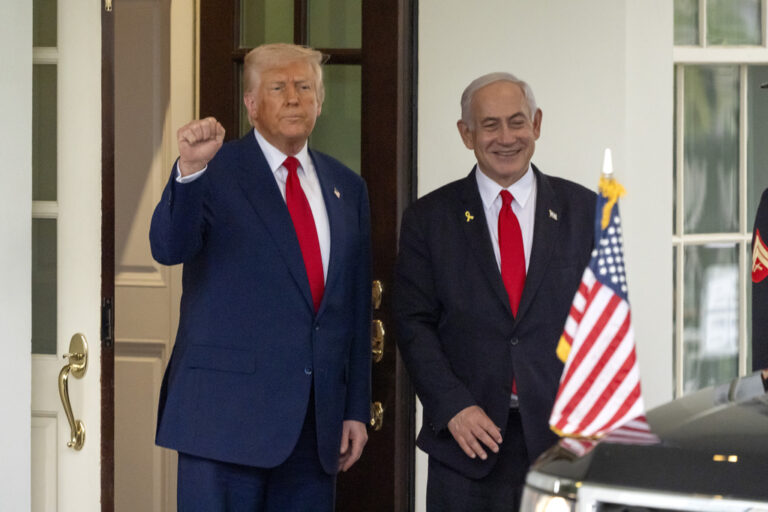
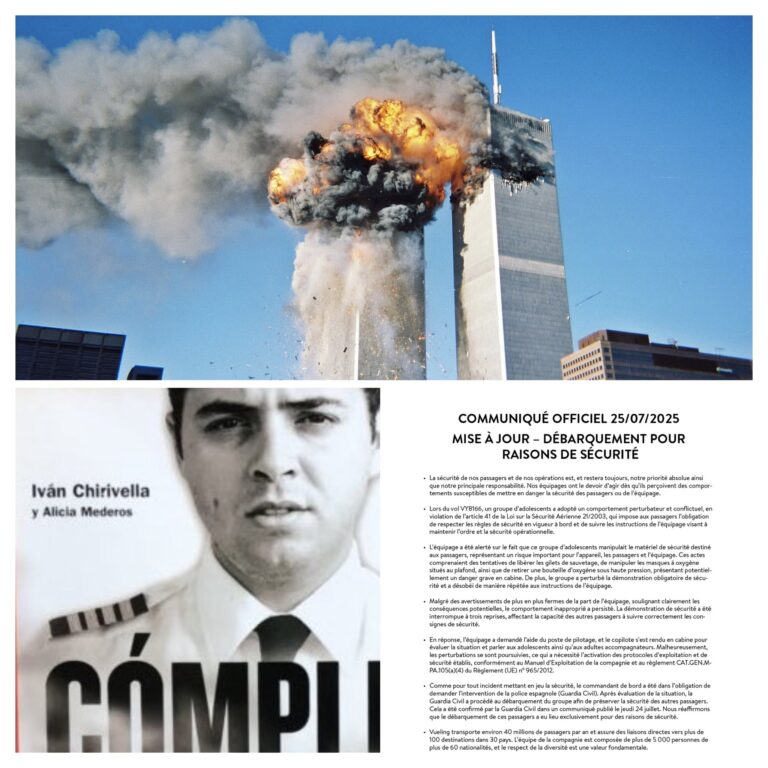



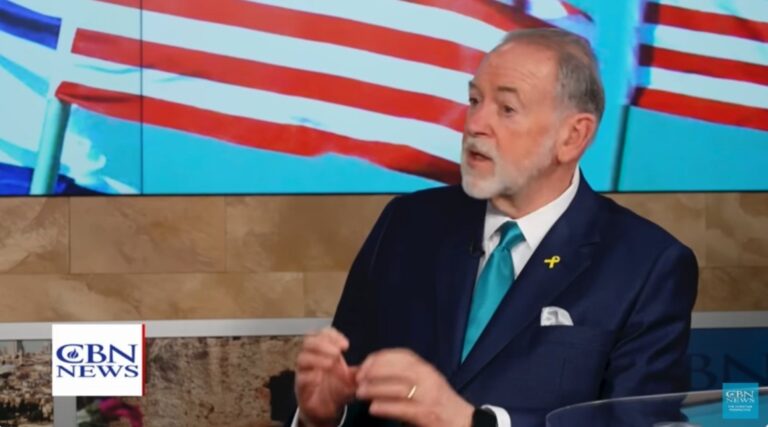

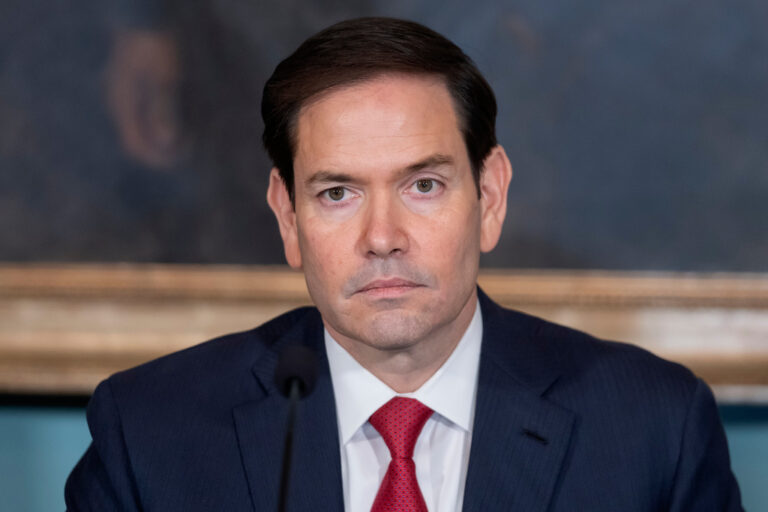
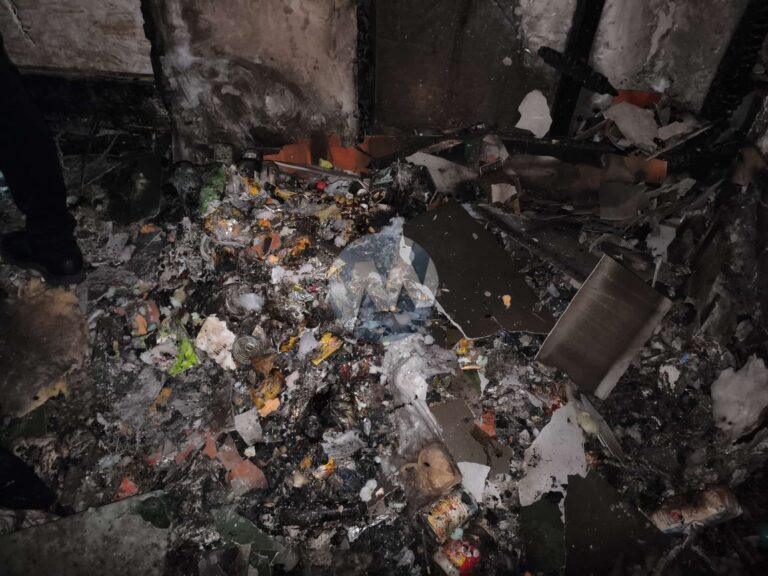

10 Responses
R’Halbertal gets it!
Imgaine the kiddush Hashem it would be if the Israeli public could see Yiddishkeit for what it is instead of it being tied closely to dirty politics.
Maybe Torah could be seen as an ideology instead of just another power grab.
It’s always funny to me when the different Torah Parties make this proclamation and that around election time to not vote for certain people and when those certain people get elected..there they are asking for a seat in the coalition to snag what ever funding they can.
Torah and the Torah lifestyle are supposed to be about more than that.
So while the rest of Religious Jewery sides against you, just know that I get it R’ Halbertal and I believe you are right.
Does anyone else find it strange that throughout the interview he mentions R’ Elyashiv’s wishes and preferences numerous times but scant – if any – mention of G-d and his wishes?
In theory separation of religion and state is very practical. It has done wonders for us all over the free world.
HOWEVER, how in the world is it possible to have it in Israel? I am not asking that from an ideological point of view, but from a political one. What right to the Jewish People have to the State of Israel if they completely separate religion and state? Besides, it is a slippery slope, because if we accept total separation, shouldn’t the Law of Return be abolished? And who knows – in fifty years maybe there will be a majority of non-Jews who will take over the government – what will we say then? Israel is supposed to be a Jewish state? But we already relinquished that idea!
DIALOGUES are not an Israeli event….
Debates are usually two parallel conversations with neither listening, concentrating or concerned with what the other says. A sorry state of affairs.
Politics has destroyed the “pleasantness of Toras hashem”, there is a fine line and difficult balance to act as messengers of hashem while participating in Knesset debates and decision making. The chardei parties are perceived as isolationists and obsessed with self-interest & self preservation.
To lakwoodr: “Does anyone else find it strange that throughout the interview he mentions R’ Elyashiv’s wishes and preferences numerous times but scant – if any – mention of G-d and his wishes?”. Doesn’t CHaZa”L teach us the way to fulfill the mitzvah of “v’davka bo” is to cling to talmidei chachomim?
To all who agree with Halbertal: isn’t it amazing how so many have come to realize that Rabbi Teitlebaum of Satmar was right all along?
In Judaism there is no separation between religion and state. One of the main reasons for establishing a state is to promote Tora (Rambam Laws of Kings 4:10). Politicians who do chillulei Hashem will do them if they are part of religious parties or not. Deals are part and parcel of the political life of all countries. Whether they are good or bad depends on the nature of the specific deal.
He Is 100 right.
The only one who saw all this was the satmar rov zl.
the concept jewish state does not exist.the earlier zionist leaders used the jewish symbols (blue and white flag looking like a tallis)(the name israel for the country)the holocaust(yes they even used dead jews for the purpose of making money and convincing all the jews they could to make aliya..(read jewish agency).the state is the opposite of tora.if you put them together you get reform wiht a mask of judaism,just like the chazir shows off his outwardly kosher sign to naive onlookers while being a treif animal.so to is the state of (israel).the separation of judaism and state would be the worst thing that would happen to the state and the best for the jews for it would take away the mask that hides the true face of the state.
The holy Sefer V’yoel Moshe was published by the Satmar Rov ZL in 1961, 50 years ago, wherein all of this was expanded on; if you enter politics for money, your entire yiddishkeit will be severely compromised.
Seems that Mr. Halbertal. Just learned the V’yoel Moshe
Also I would be very interested insofar as to what ‘marvelous aspects’ Mr. Halbertal found in the young secular generation(see paragraph starting, The price…)
To all those who believe that they and this article express the beliefs of the Satmer Rebbe, it should be realized that R Halbertal never said that the State should be separated from the Jewish people. He only said it should be separated from religion. The reason why he said this, as mentioned in the article, is that there are unfortunately, many Jews who are not religious. However he feels that religiosity should not be forced on them or the government.
To arita430: And that is exactly what the VaYoel Moshe maintained. A secular state . . . no problem. A state that Torah observant Jews would view as their state, one that expresses the beginning of the ge’ulah, one that we, as Jews, take as opposed to it being given to us by HKB”H, that is where the problems come from. Even if there was more to this shita, this certainly was part of it. Having said that, those Gedolim who disagreed, and there were many great ones who did, believed as the Stamar Rebbe did . . . before ’48. Once the state was in existance, they felt it is best to work within the framework of the government.